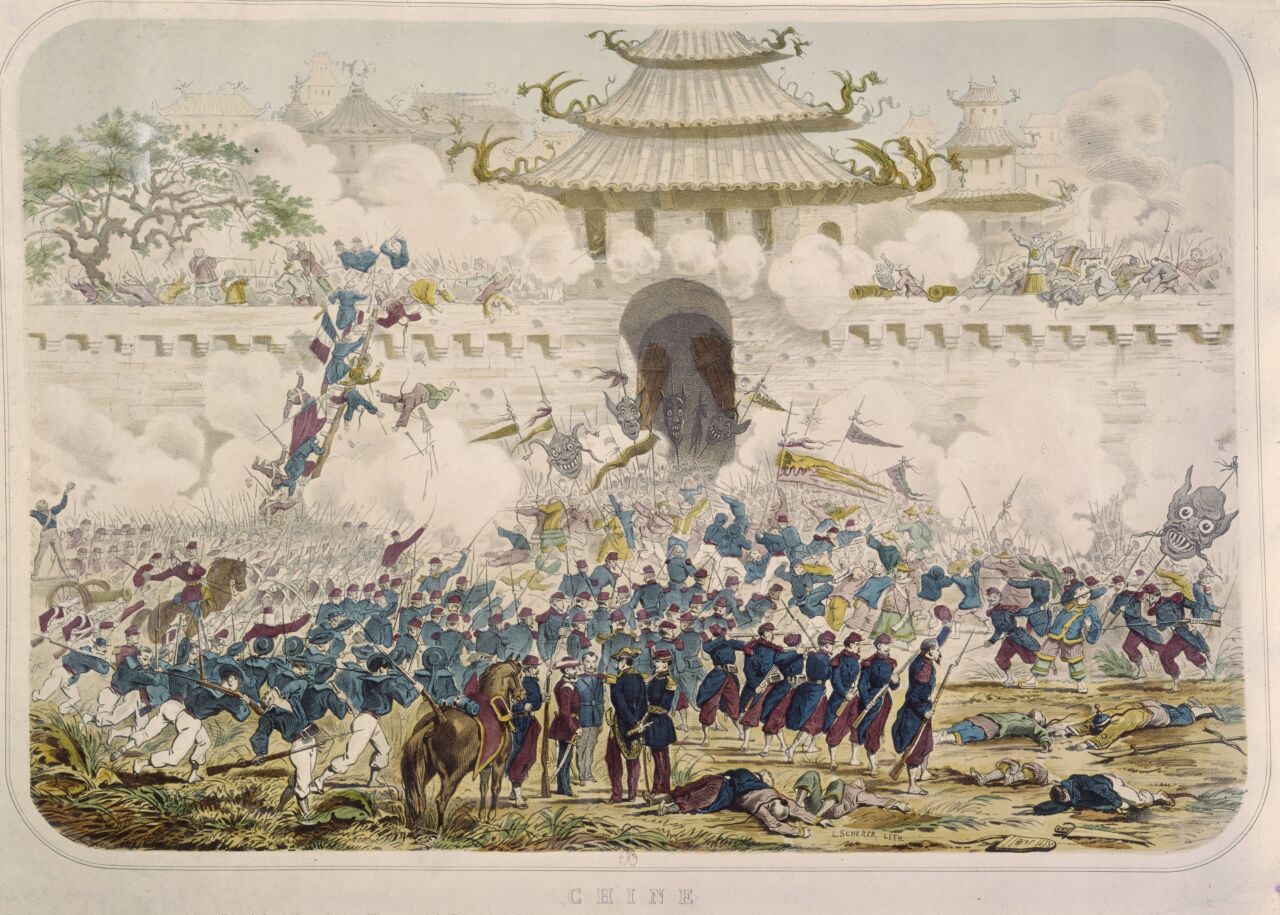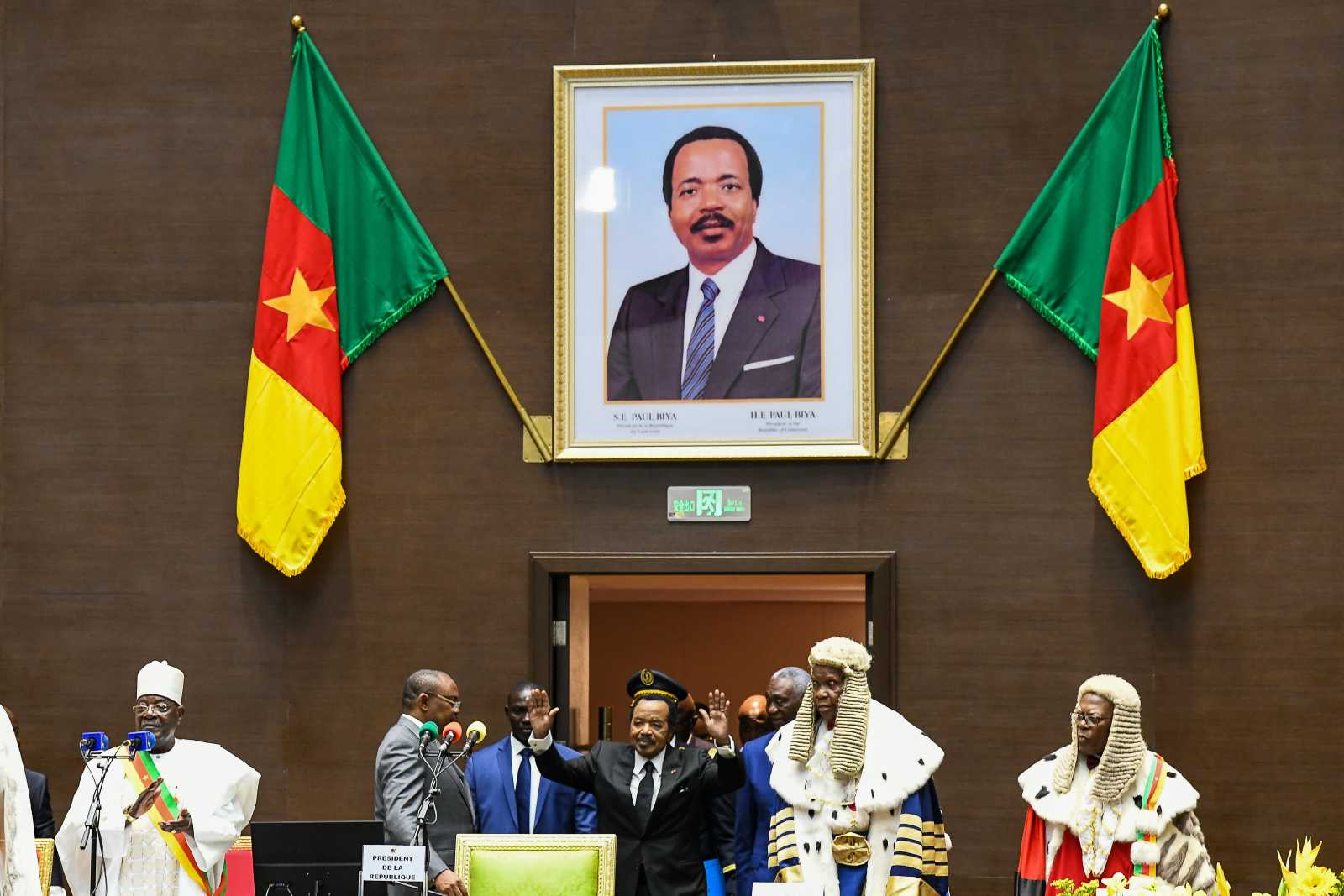Identity politics
Why many East Germans think they are only second-class citizens

In recent state elections, the far right AfD has been frightfully successful in three East German states, gaining about one third of the vote in Brandenburg, Saxony and Thuringia. Steffen Mau, who grew up in East Germany and is now a professor of sociology at Berlin’s Humboldt University, wrote his book before the elections. After the event, it helps to explain the results.
According to Mau, the general expectation 30 years ago was that national unification would lead to a homogenous mindset. The idea was that West German institutions had shaped West German culture, once applied in East Germany, mindsets there would be shaped in the same way.
That idea was wrong, as Mau argues. For many East Germans, unification proved traumatic, so their first experience of the Federal Republic was very different from how its institutions had developed organically in post-war West Germany.
No economic miracle
In West Germany, the new democratic order coincided with the economic miracle. Fast growth resulted in broad-based prosperity. New wealth gave the federal republic additional legitimacy. In East Germany, by contrast, a deep economic depression set in after national unification. Eastern companies could not cope with western competition. Mass unemployment followed. The result was all too often distrust, not legitimacy of the new order.
After World War II, West Germany had serious democratic discourse on how to use the new public space offered by the western allies (USA, France and Britain). People at the grassroots level were involved in political parties, trade unions, churches and other independent organisations. Activism could make a difference.
In East Germany, by contrast, the introduction of West German institutions after the fall of the Berlin Wall typically meant western leadership. East Germans soon felt they didn’t have a say in public matters even after a public uprising had toppled the communist regime. Even today, top managers, policymakers, judges and professors tend to come from the west. Mau emphasises that his own academic career was unusual.
He does an excellent job of summarising these and related things. In recent years, for example, infrastructure has been deteriorating across Germany, but the situation is worst in the East, where infrastructure was always comparatively poor.
Mau points out that West Germans on average still have higher incomes, own greater fortunes and enjoy better career opportunities. Inner-German migration actually exacerbates these trends, with ambitious young East Germans going West, where they often succeed and adapt. The others, however, literally feel left behind.
Voters did not get what they expected
Mau spells out an important irony. German unification was managed the way it was because East Germans, in 1990, wanted their country to become part of the Federal Republic as fast as possible. They voted for parties (not only, but especially the Christian Democrats) that endorsed this option in a series of elections. Anyone who expressed doubt, was punished at the ballot box. However, unification did not deliver the expected results, so many East Germans felt disempowered again, quite like they had felt under Communist rule.
One consequence was that the kind of diversified civil society that is typical of West Germany did not grow in a similar way in the East. Political parties, trade unions and churches still have comparatively fewer members. There are also fewer non-governmental organisations and fewer charitable foundations.
Many East Germans, as Mau reports, feel that they are only second-class citizens. While they are better off on average than they were in East Germany, that does not matter as much to them as still being worse off than West Germans. This is fertile ground for xenophobia, as many people have the impression that all the federal government is more concerned about the fate of asylum seekers than of East Germans. That impression is wrong, but migration has become a buzzword that implicitly includes frustration about inner-German inequality and injustice.
The AfD benefits from this scenario, Mau argues. He acknowledges that it is also gaining strength in the West, but he warns that its comparative strength in the East is particularly erosive. If elected governments fail to deal with legitimate grievances constructively, he warns, democracy will become increasingly undermined – and such grievances are particularly evident in the East.
How to fortify German democracy
In Mau’s eyes, not all is lost, but the general policy approach must change. Business as usual will not work – it is what has resulted in the emergence of the specific East German identity of “second-class citizenship”.
The scholar is in favour of introducing more public procedures that directly involve people in decision-making. That way, East Germans would experience that they actually do have a say in public life. Mau also proposes policies that would systematically improve the economic situation of East German households, since there is a clear need to catch up.
What Mau describes is quite obviously a specifically German experience. There is, nonetheless, a general lesson for any country which is marked by deep social divisions. History matters, and people’s experience shape their mindset as well as their children’s and grandchildren’s. Sharing the same institutions in a nation state is not what makes people feel united.
Steffen Mau, 2024: Ungleich vereint – Warum der Osten anders bleibt. (Unequal unity – why the East will stay different). Only available in German, Berlin, Suhrkamp.
Hans Dembowski is D+C/E+Z’s editor-in-chief.
euz.editor@dandc.eu















